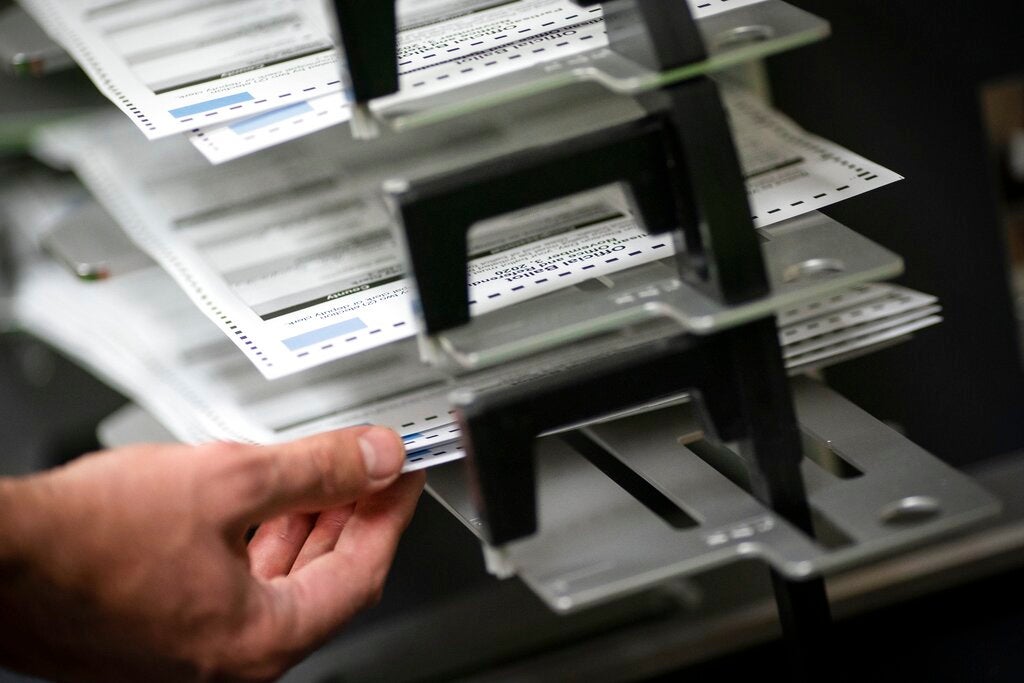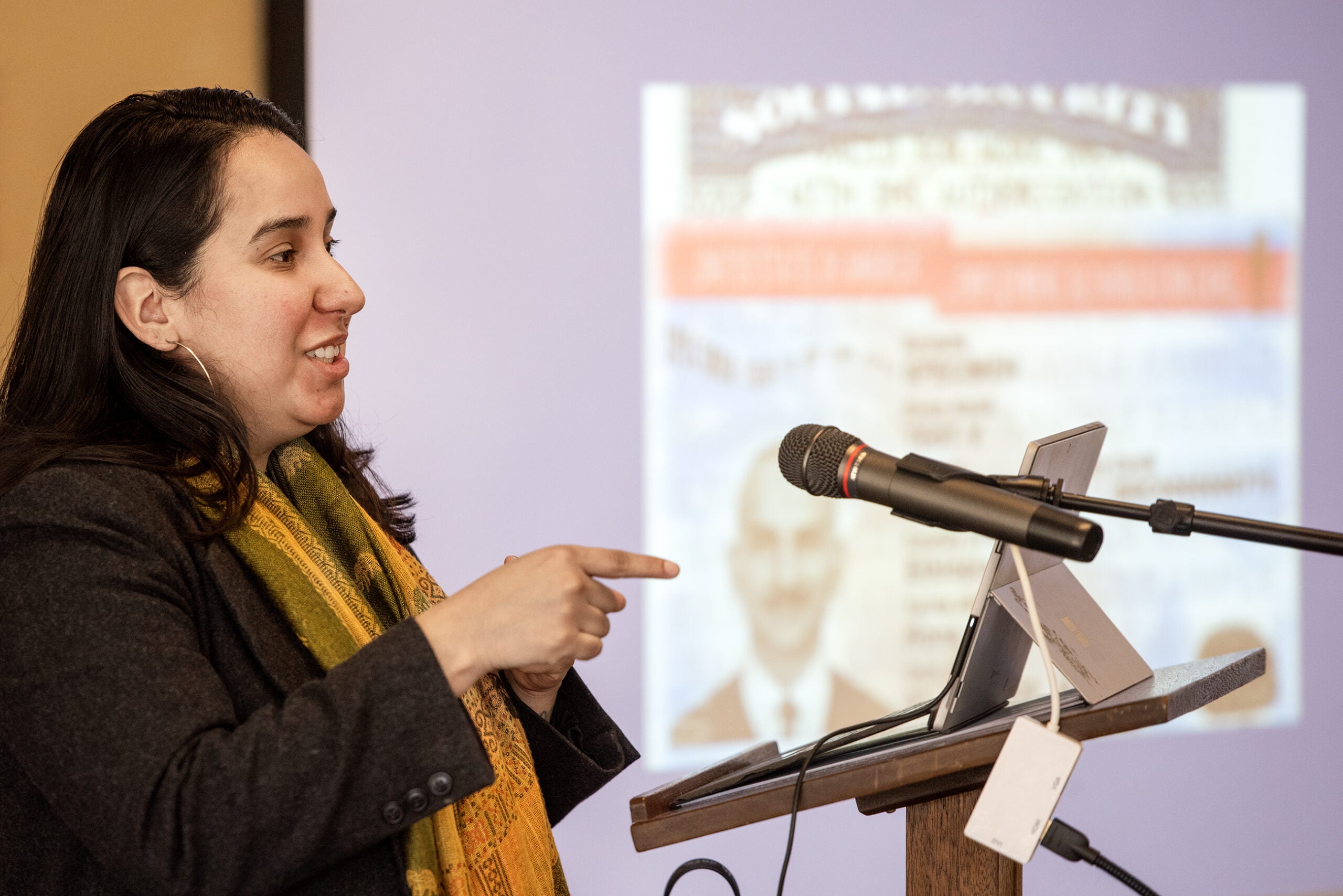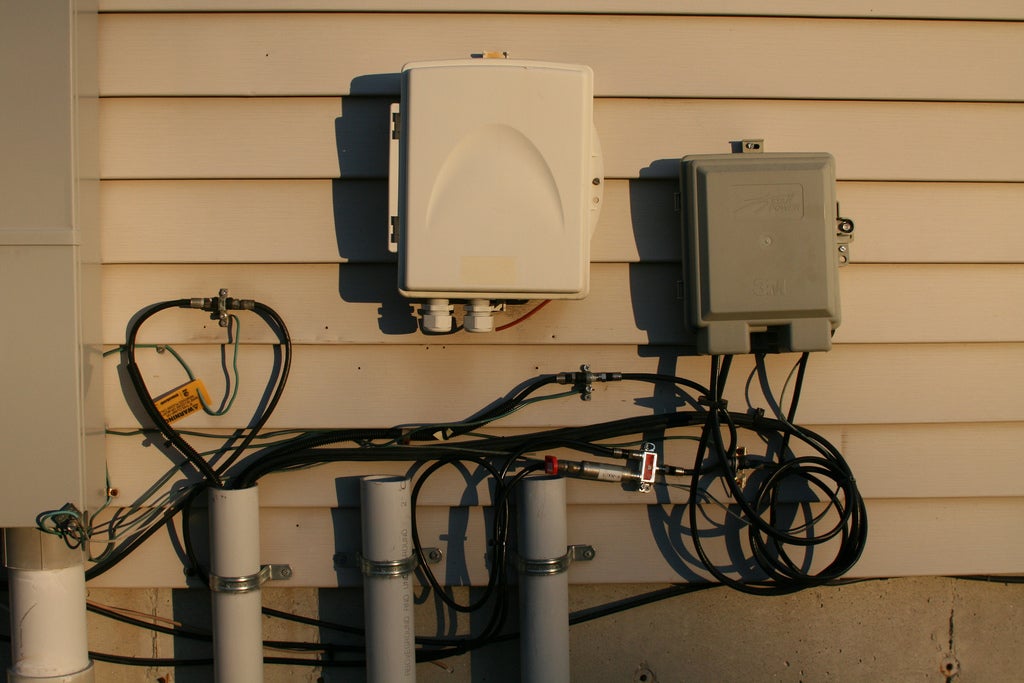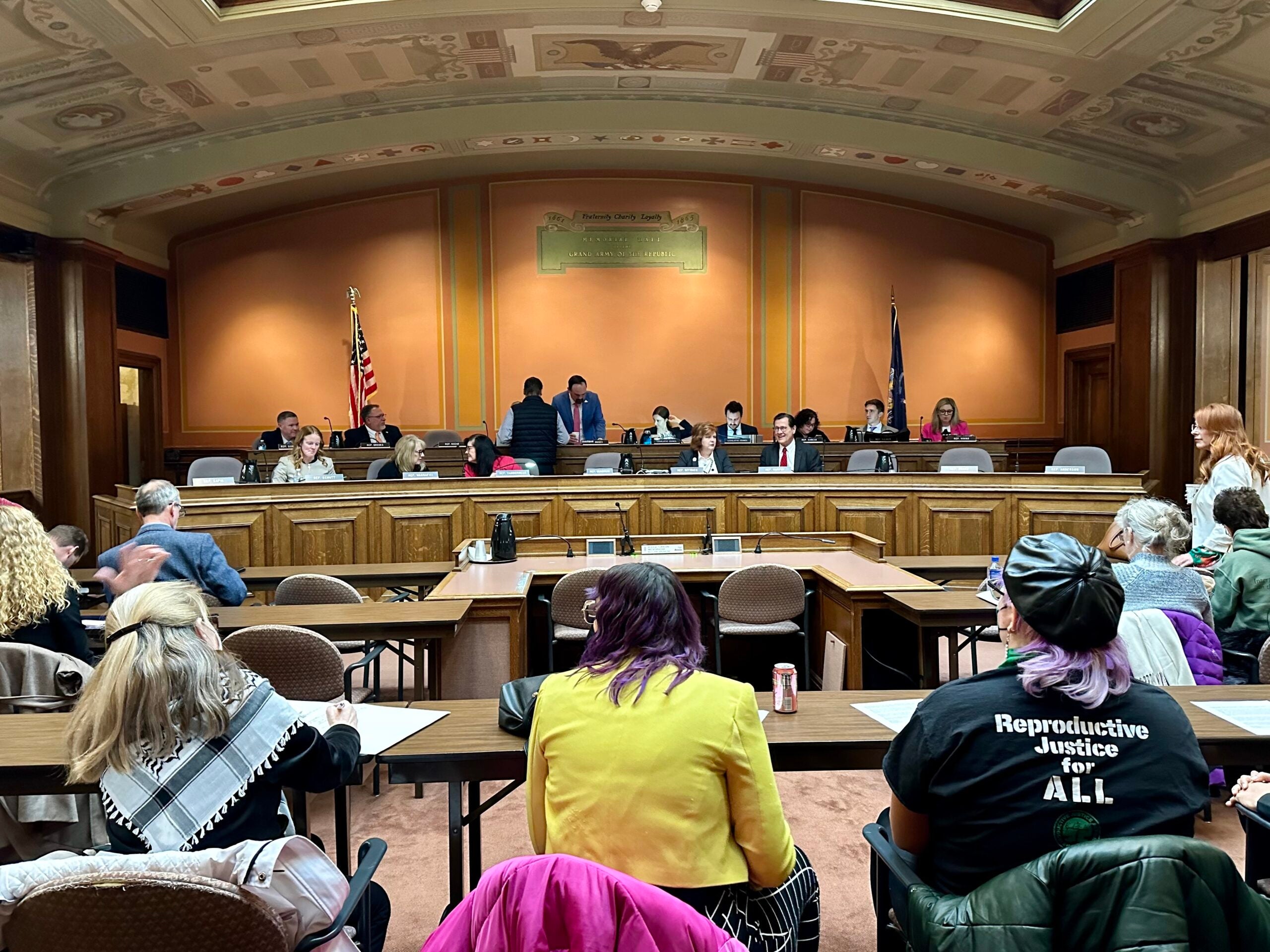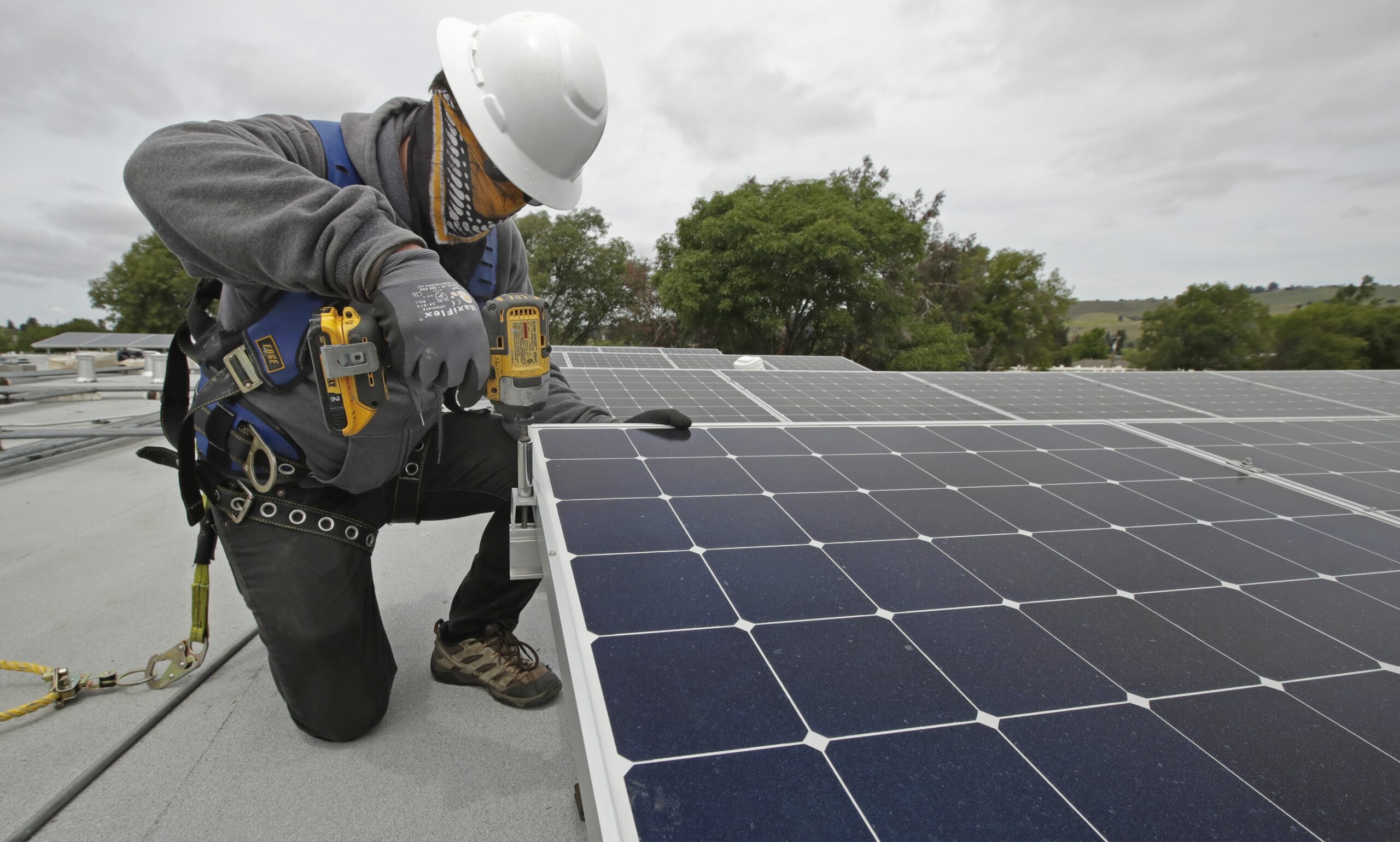Advocates say low income people in Wisconsin are being denied access to justice. They made their case Tuesday in Eau Claire to a state commission looking for ways to improve legal options for those in poverty.
The state Supreme Court ordered the creation of a Wisconsin Access to Justice Commission in 2009 to study the availability of legal representation to those in poverty. It’s comprised of state legislators, county government officials, lawyers and judges who are charged with studying the issue and making recommendations to improve access. Susan Meade, who works with the non-profit legal assistance group Wisconsin Judicare, testified that more people are seeking their services while their state grant funding has been eliminated, “Needs are not being met, we have no funding source for these. There was a grant that has been discontinued in the legislature. These people are being denied access to justice mainly, I think, because we’re not willing to fund programming.”
Wisconsin is one of only four states in the country that don’t fund civil legal services.
Stay informed on the latest news
Sign up for WPR’s email newsletter.
Commission chair Greg Moore says suggestions to increase access to legal aid for those in poverty have included mandatory pro-bono cases for lawyers, tax incentives for law firms offering pro-bono cases and increasing filing fees to pay for legal services. But, overall, he says more funding from the state is needed, “There’s a good case to be made that there needs to be increased funding for legal services in some fashion and I hope that there will be a receptive audience to that message in the upcoming biennial budget.”
This was the second of six hearings held by the Wisconsin Access to Justice Commission. Upcoming hearings will be held in Milwaukee, Wausau, Madison and La Crosse.
Wisconsin Public Radio, © Copyright 2024, Board of Regents of the University of Wisconsin System and Wisconsin Educational Communications Board.

